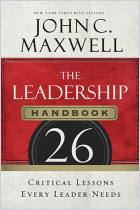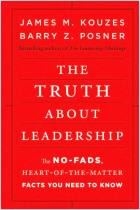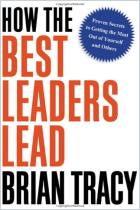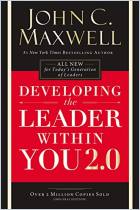Retired Starbucks executive Howard Behar knows what elevated the chain from 28 stores into a worldwide supplier of hot java to happy, loyal caffeine addicts. He says the way the company hires, trains and treats its employees is much more important than its coffee, although the good coffee matters (as if you have to ask). The book provides 10 principles for leading people, illustrated with business anecdotes, including Behar’s stories from Starbucks. His sincerity and conviction sound out loud and clear, and his principles, if not very deep, are humane and sensible. This book will particularly benefit new leaders, whether they head teams of baristas or barristers.
Ten leadership principles helped drive Starbucks’ success.
Starbucks’ success doesn’t require only fresh coffee and a WiFi connection. Its success hinges on people, and so does yours. As you build your company or lead your team, consider these 10 leadership principles:
1. “Know who you are” – Understand yourself and your goals.
Today everyone understands the vital importance of providing amazing customer service. However, the key to a great customer experience is having employees who live and breathe service as an ethos. No matter what product you make or sell, you are in the people business. You need to sense the importance of that principle deep in your being. Your connection to your employees will define their bond with your customers.
“Personal leadership” requires determining and exemplifying your values, purpose and priorities. Your personal integrity provides an example for your employees, as well as clarifying how you lead your life. To create a unified character for your business, wear “one hat.” That is, rather than trying to adapt and become a different person in every situation, be who you are. Be consistent and learn to function well...
Howard Behar played a major role in opening Asia and the United Kingdom for Starbucks, headed its North American operations from 1999 to 2003, and has served on its board of directors since 1996.



















Comment on this summary or 开始讨论